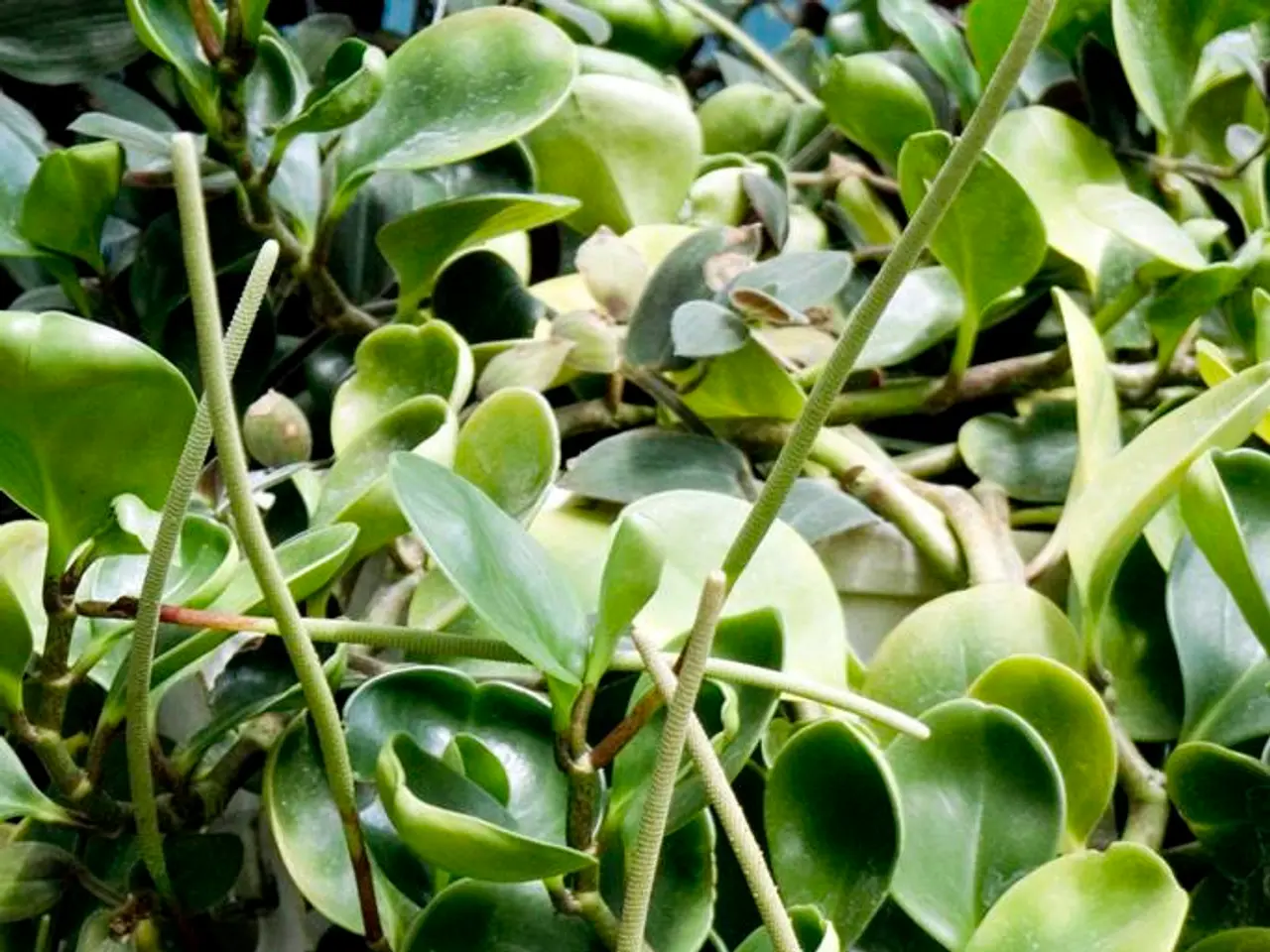Announced Recipients of the 16th P3 Grant Program
In a significant move towards addressing environmental challenges, the Environmental Protection Agency (EPA) has awarded grants to several universities across the United States. These grants, aimed at funding various research projects, will contribute to solving issues such as water contamination, renewable energy, and waste management.
One of the recipients is the University of California, Berkeley, which received two grants. The first, with grant number SU839960, is for a project titled "Solving the Arsenic Problem in Rural California." The second, with grant number SV840384, also focuses on addressing arsenic issues in rural areas of California.
Missouri University of Science and Technology received a grant with number SU839962 for a project titled "Biofilters to Effectively Remove Toxins." Meanwhile, the University of Texas Rio Grande Valley received a grant with number SU839900 for a project titled "Biochar-Geomedia Water Filter for the Colonias, South Texas."
Other universities receiving EPA grants include the University of North Carolina at Charlotte, which was awarded a grant for a project titled "Restoring Public Confidence in Drinking Water Safety - Education, Engagement, and New Sustainable Technology" with grant number SV840383. Michigan State University received two grants, one for a project titled "Planet-friendly and scalable approach towards 100% recyclable water- and oil-resistant paper" with grant number SU839830, and another for a similar project with grant number SU839820.
St Mary's University received a grant with number SU839964 for a project titled "Capturing Solar Energy with Quantum Dots." The University of Texas at Dallas received a grant with number SU839965 for a project titled "Machine Learning Calibrated Low-Cost Sensing (MLCS)."
The University of California, Riverside was awarded a grant with number SU839850 for a project converting crop waste into construction material. The University of Alabama in Huntsville received a grant with number SU839810 for a low-cost household water filter for PFAS removal, and a new grant with number SV840385 for the same project.
Other projects include the University of South Carolina at Columbia's green plasma technology for siloxane removal and landfill gas upgrade, the University of Cincinnati's practical PFAS treatment with functionalized sawdust, and North Carolina State University's electroactive point-of-use filter for per- and polyfluoroalkyl contaminant removal.
University of New Mexico is working on cool and sustainable sidewalks, while University of North Carolina at Charlotte is developing green & sustainable water purification membranes. The University of Cincinnati - Main Campus is focusing on practical PFAS treatment with sawdust, and Fort Lewis College is developing a field-deployable droplet digital PCR system for the rapid detection of waterborne bacterial pathogens.
While detailed outcomes and descriptions about some of these specific projects and competition phases are not readily available in current search results, further information can be found on the official competition website or the universities' sustainability or design departments.
- The University of California, Riverside is focusing on converting crop waste into construction material, addressing issues of waste management and sustainability.
- The University of Texas Rio Grande Valley is using biochar-geomedia water filter for the colonias in South Texas, aiming to improve drinking water safety and health-and-wellness.
- The University of North Carolina at Charlotte is working on developing green & sustainable water purification membranes, which could potentially contribute to renewable energy and climate-change solutions.
- St Mary's University is aiming to capture solar energy with Quantum Dots, a project that could have profound impacts on the field of environmental science and energy production.
- The University of Alabama in Huntsville is developing a low-cost household water filter for PFAS removal and has received a new grant for the same project, contributing to the solution of water contamination issues.




